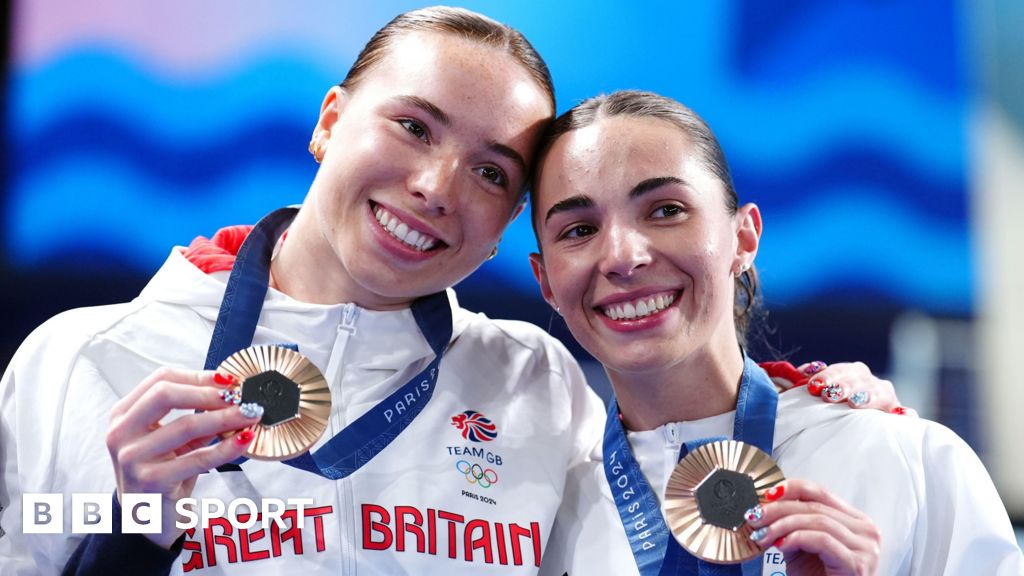World
UK inflation falls by less than forecast to 3.2%, cooling rate cut hopes

The UK’s annual inflation rate fell by less than expected last month to 3.2%, complicating the timing of a potential first Bank of England interest rate cut.
Figures from the Office for National Statistics (ONS), showed inflation continued to ease in March from 3.4% in February to reach the lowest level since September 2021, as food prices rose at a slower pace than a year earlier.
However, that was a smaller decline than the 3.1% that City economists and the Bank had forecast for the consumer prices index. Markets are increasingly betting that persistently high inflation could force Threadneedle Street to hold off from cutting interest rates until later this year.
Investors reacted to the March figure by trimming bets for an imminent reduction in borrowing costs, with the money markets now pricing in the first quarter-point rate cut in September or November. A matter of weeks ago investors had been expecting a first cut in June.
The Bank has raised interest rates to 5.25% as it tries to bring CPI inflation back down to its target of 2%. However, on Wednesday Megan Greene, an independent economist on the Bank’s nine-strong rate-setting committee, told an event in Washington that recent tensions in the Middle East could pose a risk to achieving that aim, including by heightening inflation expectations.
“I do think that what’s going on in the Middle East does pose a risk,” Greene told the Institute of International Finance. “I’m worried about the sort of an energy price shock and other supply side shock, which obviously follow a number of supply side shocks we’ve seen over the past couple of years, and what that might do to inflation expectations.”
The ONS said cooling inflation in food and drink prices contributed most to the decline, after a fall in the prices of bakery products including chocolate biscuits and crumpets. However, this was offset by rising fuel prices and stubbornly high inflation in services prices. A reduction in the rate of inflation does not mean that prices are falling, just that they are rising more slowly.
The latest snapshot showed consumer prices continued to rise across a broad range of categories, including car insurance soaring by almost 30% compared with a year earlier. The cost of mobile phone and broadband packages also shot up, while prices for hotels, and the price of beer and other alcoholic drinks also rose.
Rachel Reeves, the shadow chancellor, said the figures showed households remained worse off. “Prices are still high in the shops, monthly mortgage bills are going up and inflation is still higher than the Bank of England’s target.”
The chancellor, Jeremy Hunt, said: “The plan is working: inflation is … down from over 11% to 3.2%, the lowest level in nearly two and a half years, helping people’s money go further.”
The latest snapshot from the ONS showed core inflation – which excludes energy, food and tobacco prices – and is closely monitored by the Bank – slowed to 4.2% from 4.5% in February, but remained higher than forecast by City economists and the Bank.
after newsletter promotion
Services inflation, which the Bank also watches closely, eased slightly to 6% from 6.1% a month earlier, but was also marginally higher than predicted.
Most economists expect a much steeper decline in inflation when April’s figure is published next month, with the potential to fall below the Bank’s 2% target after a sharp drop in household gas and electricity bills to the lowest level for two years.
“We expect inflation to return to target later this spring, which raises the prospect of interest rate cuts from June onwards,” said Yael Selfin, the chief economist at KPMG UK.
Suren Thiru, the economics director at the Institute of Chartered Accountants in England and Wales, said: “A landmark decline in inflation is locked in for April, as lower energy bills following the reduction in Ofgem’s energy price cap will have almost certainly pulled the headline rate below the Bank of England’s 2% target.
“Though this [March] inflation fall won’t be sufficient to drive a cut in interest rates next month, this outturn may persuade more rate setters to vote to loosen policy, providing a clear signal that rate cuts are on the horizon.”










